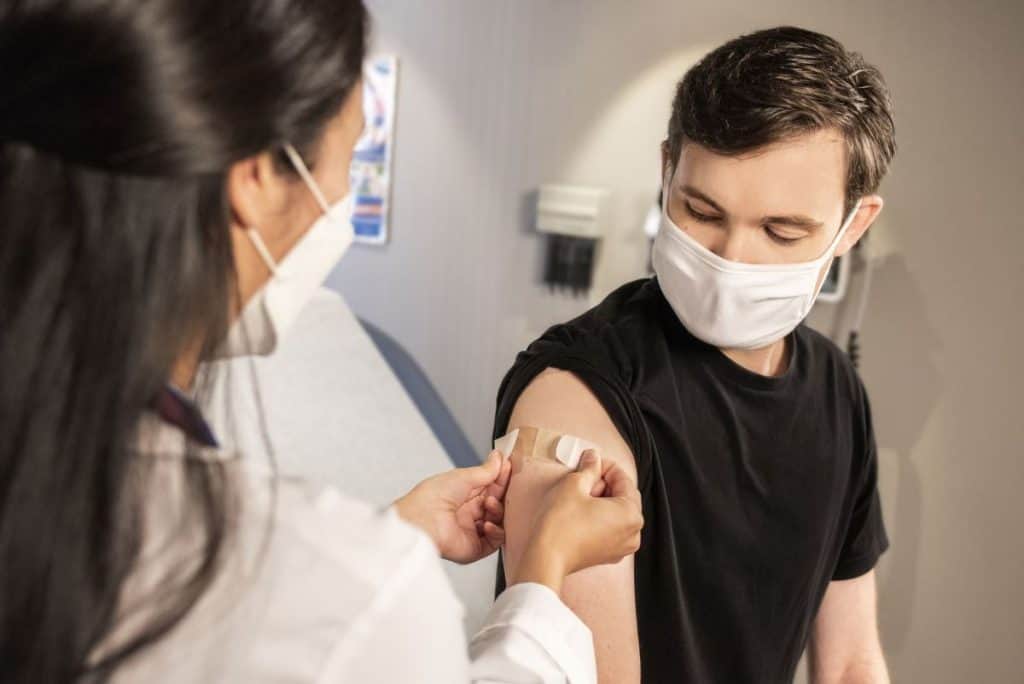
WHO approves China’s Sinovac COVID-19 vaccine
pharmafile | June 3, 2021 | News story | |
China’s Sinovac COVID-19 vaccination has received an emergency use listing (EUL) from the WHO.
This decision means the jab can be rolled out globally, and also means the jab can be used in the Covax programme, which aims to ensure fair access to vaccines.
Sinovac prevented symptomatic disease in 51% of those vaccinated, and prevented severe symptoms and hospitalisation in 100% of samples.
WHO Chief, Tedros Adhanom Ghebreyesus, said: “I’m happy to announce that the Sinovac-CoronaVac vaccine has been given WHO emergency use listing after being found to be safe, effective, and quality-assured.
“The easy storage requirements of CoronaVac make it very suitable for low-resource settings.
“It’s now crucial to get these life-saving tools to the people that need them quickly.”
The EUL gives countries, funders, procuring agencies, and communities assurance that the vaccine has met international standards.
The vaccine, which has already been used in several countries, has been recommended for over 18s, with a second dose two to four weeks later.
Mariangela Simao, the WHO’s Assistant Director General for Access to Health Products, said: “The world desperately needs multiple Covid-19 vaccines to address the huge access inequity across the globe.
“We urge manufacturers to participate in the Covax facility, share their knowhow and data and contribute to bringing the pandemic under control.
“Vaccine efficacy results showed that the vaccine prevented symptomatic disease in 51 percent of those vaccinated and prevented severe Covid-19 and hospitalisation in 100 percent of the studied population.”
Few people over 60 took part in the trial, however, the WHO said in a statement, ““There is no reason to believe that the vaccine has a different safety profile in older and younger populations.
“The WHO recommends that countries using the vaccine in older age groups conduct safety and effectiveness monitoring to verify the expected impact and contribute to making the recommendation more robust for all countries.”
Lilly Subbotin








